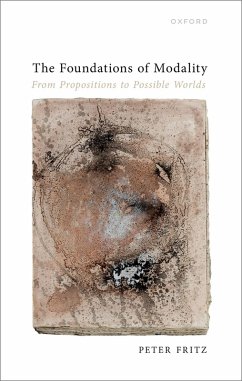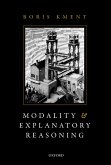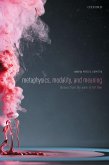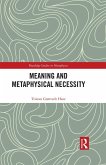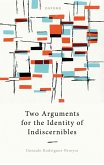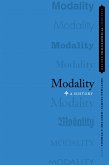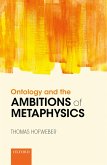The notions of necessity and possibility, as well as the notion of a possible world, are ubiquitous in philosophy. Nevertheless, these notions remain controversial. It also remains controversial whether metaphysics requires notions drawing distinctions which are finer than those which can be drawn in terms of necessity and possibility, such as the recently much-discussed notion of grounding. In order to make progress on these debates, this book develops a general framework for theorizing about such intensional notions using the tools of higher-order logic. The Foundations of Modality begins by motivating the use of higher-order logic, and introduces a particularly simple form of higher-order logic. Progress is made on well-trodden territory concerning modality and possible worlds by considering first the question how fine propositions are individuated. Peter Fritz uses both logical results and philosophical arguments to motivate a relatively coarse-grained individuation of propositions. Fritz shows that a number of putative metaphysical notions are ruled out by this theory of individuation. Furthermore, the theory allows the controversial notion of (metaphysical) necessity to be delineated as the broadest necessity, which applies just to the single tautologous proposition. This book also vindicates appeals to possible worlds: First, it shows that if anything plays the theoretical role of possible worlds, then certain propositions do so. Second, it argues that there are in fact the required propositions playing the role of possible worlds; this is shown using the notion of plural quantification over propositions in higher-order logic.
Dieser Download kann aus rechtlichen Gründen nur mit Rechnungsadresse in A, B, BG, CY, CZ, D, DK, EW, E, FIN, F, GR, HR, H, IRL, I, LT, L, LR, M, NL, PL, P, R, S, SLO, SK ausgeliefert werden.

